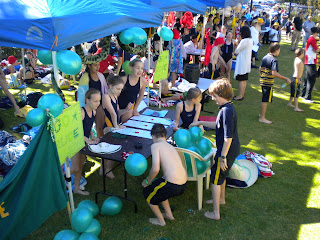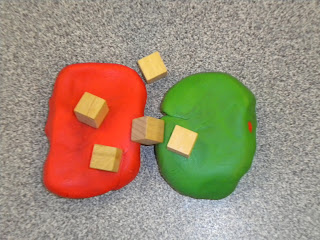Our spelling program in Year 6 is diverse, challenging and caters for the individual. Students are essentially divided into three groups depending on their ‘readiness’ in this area of learning. The different groups are allocated different quantities and types of words. The activities are also varied and will increase in complexity for each group as the year progresses. The groups are flexible and, therefore, students may move freely within them if they show development in this area of learning.
Word lists can be comprised of several different lists – Topic Words, Word Bank Words, Focus Words and Challenging words.
Topic Words are essentially words that are related to our topic; derived from a wide range of literature directly linked to our unit of inquiry.
Word Bank Words – are words derived from each student’s written work. Each time we mark students work the errors are identified, recorded onto a post it note which is then transferred to their word bank list located at the back of their spelling books.
Focus Words – are the focus for the week. Focus words include: sounds, rules and concepts that have been sourced from our curriculum documents.
Challenging Words – are exactly that, challenging. This group of words is for students who have exceeded their spelling age.
Red Group has ten/twelve words; 6 focus words and 4 word bank words
Orange Group have fifteen words; 5 topic, 5 focus words and 5 words bank words
Green Group have twenty words; 5 topic, 5 focus words, five word bank words and 5 challenging words
Students compile their Spelling words at the start of each week, which are then marked to determine accuracy. Students then work through a mixture of compulsory and choice related spelling tasks for the remainder of the week. Students work is collected at the end of each week and an assessment occurs each Friday. We encourage parents to assist their child with their Spelling as regularly as possible.
If your child is showing particular concerns in this area of study, a letter comprised of different strategies to specifically assist your child’s learning will go home in the weeks to follow. You are not obligated to take on board our suggestions, but extra help at home will only benefit your child.





